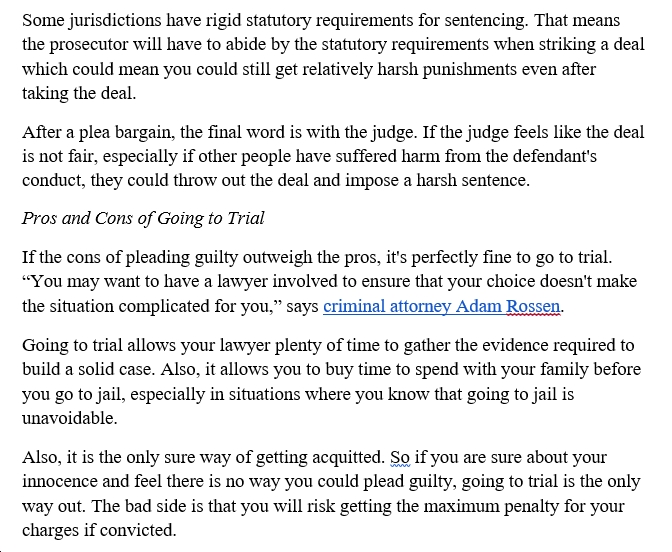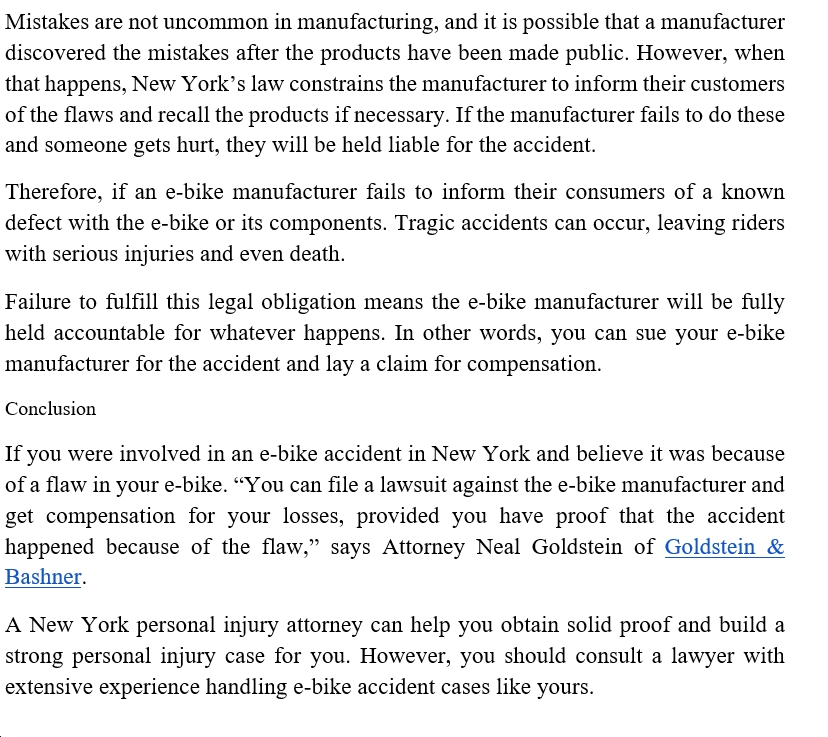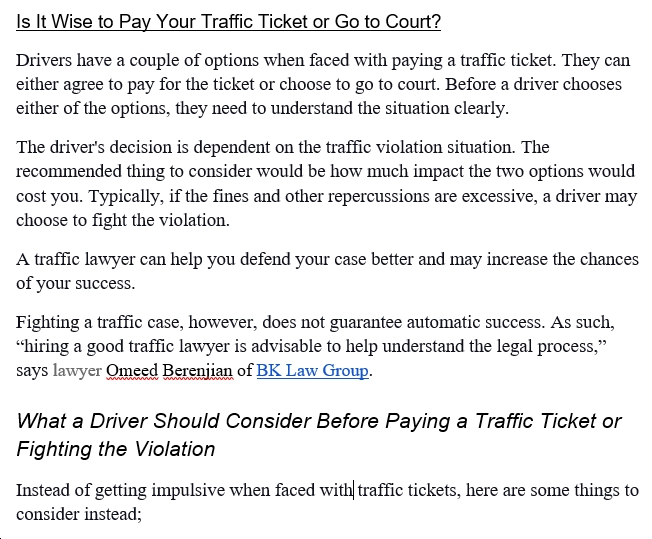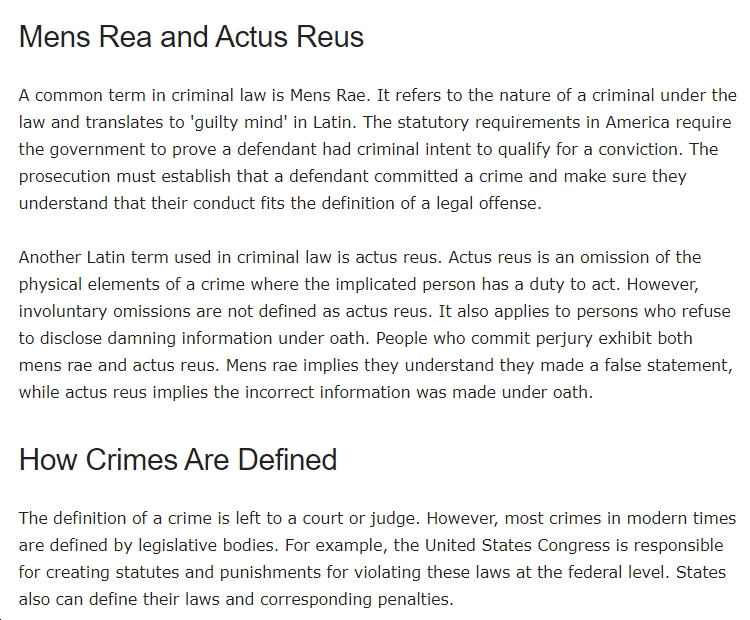SPONSORED CONTENT
What the Corporate Transparency Act Could Mean for Your Business
In January 2021, Congress passed the Corporate Transparency Act (CTA) that requires businesses to identify any shareholders that hold 25 percent or more of a company’s stake. This act is intended to prevent money laundering, financing terrorism or foreign corruption, human and drug trafficking, and several types of fraud.
“To ensure that our corporations act morally, we need to follow the money,” says Attorney Jonathan Sparks, from Sparks Law. “The CTA will hold shareholders accountable for their influence in the marketplace.”
Every noble cause must come at a price: in this case, its bureaucracy. Businesses will now be in charge of filing a new kind of paperwork to the government, and doing so incorrectly can lead to some hefty penalties. Here is a simplified version of what the CTA says and what it requires you to do.
What the CTA Says
The CTA requires every shareholder that is holding a substantial percentage of a company to be identified. Each business must report the individual’s full legal name, street address, date of birth, and the number listed on any passports, drivers’ licenses, or other government-issued identification.
Some may be concerned about privacy, especially since this is very sensitive information. Fortunately, no one outside of the Treasury Department has access to these documents. For those worried about cyberattacks or leaks of this information, the individual can request an identifying number from the Treasury Department to use instead.
Interestingly, the CTA requires more than those who directly own interest in the company to be listed. Businesses must also identify any indirect beneficiaries to their market share. In simple terms, say company A owns at least 25 percent of company B’s interest. If company B owns at least 25 percent of company C’s shares, then A must also be listed as a beneficiary of C.
As with any added rules and regulations, the government holds the right to penalize anyone that fails to comply. This can be through either failing to report or reporting false information. Failure to report must be “willful,” but it is unclear what is required for something to be considered willful or not.
With this understanding of the CTA, anyone planning to start a business or currently own a company would want to understand how to properly comply and avoid any fines or prison time that may go along with any infringement of the law.
What You Need to Do
The CTA applies to a particular kind of business. You must have an office in the U.S., more than $5 million in annual revenue, and at least 20 full-time employees. If your company does not check off all three of these boxes, then congratulations! The CTA does not apply to you and is not required.
There are other exceptions to those who are required to follow the CTA. Some tax-exempt entities, general partnerships, and dormant entities are not required to fill out CTA paperwork. To see whether this applies to you, consider talking with a lawyer or accountant about your next steps.
If this does apply to you, then things do get a little more complicated. For those who own currently existing companies, paperwork must be properly filed within two years of the CTA officially going into effect. If you create a business after the CTA goes into effect and check the boxes above, you must fill out the CTA paperwork while creating your entity.
Hopefully, this simplification of the Corporate Transparency Act helps you build your business and get a better understanding of the changing landscape of the business world.

















